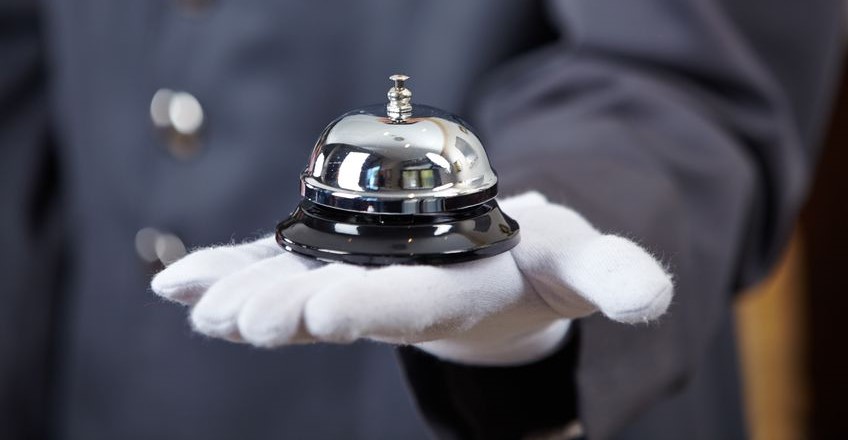When our entire focus is on hospitality, we may not actually be serving our residents and their families in the best possible way.
By Steve Moran
Jill Vitale-Aussem makes the point that we should not completely abandon hospitality because it is a big part of what we do, but when it is all we do or primarily what we do, we are not serving our residents and their families in the best possible way.
Several weeks ago I attended the Masterpiece Living Lyceum in Denver and had a chance to interview Jill. (You can see the video below; it runs close to 15 minutes but is worth every minute). Our entire conversation was focused on moving away from a pure hospitality model and toward a more balanced model that includes creating community and purpose.
This was a big focus of Senior Housing Forum in its early days, but not recently. It is an area that we need to be looking at more aggressively and purposely. Here is what she had to say . . .
The Problems with Hospitality
It is not that senior living should stop thinking hospitality but rather that a pure hospitality model is about doing everything for residents. On the surface this sounds great, maybe something even you would want to experience in your life.
The problem is that ultimately it strips residents of their independence. They get used to being served rather than doing for themselves and over time they come to believe they are incapable of being independent.
The other problem is that a hospitality model can be very isolating. We know one of the big benefits of senior living is meeting residents’ social needs (which vary a lot). The reality is that many residents are still very lonely or have pretty dysfunctional relationships even in a senior living community.
Meaning
It becomes really important for senior living communities to provide opportunities for residents to engage in purposeful living. The idea is that until that last day residents can still learn, create, serve and make new friends. A hospitality model is not so great for making this happen.
Community
Like most of us, residents fall into very predictable patterns and, in truth, it would be hard for residents or any of us to function without some regular patterns but they can also end up being very isolating. It becomes important for senior communities to be very deliberate about creating true community.
A big part of this is shifting more of the decision making about what happens in the community back to the residents and their families. This is a very scary idea, but has powerful benefits. Jill gave this example:
Imagine your residents are really unhappy with the way the transportation program is working. What would normally happen is that the executive director would take input from residents, team members and resident families, figure out a new way and then go deliver that to residents.
She suggests this instead:
Meeting with the residents and explaining the budget, costs, labor laws and available resource, then letting them work on the problem. It is likely they will either come to the conclusion that what they have is really the best solution; come to the same conclusion that management would have come up with, except they would own it; or they might very well come up with a better solution.
Shifting from a pure hospitality model to something that is more holistic will pay huge benefits in terms of lower staffing costs, happier residents and a better bottom line.
There is a lot more in our interview:







